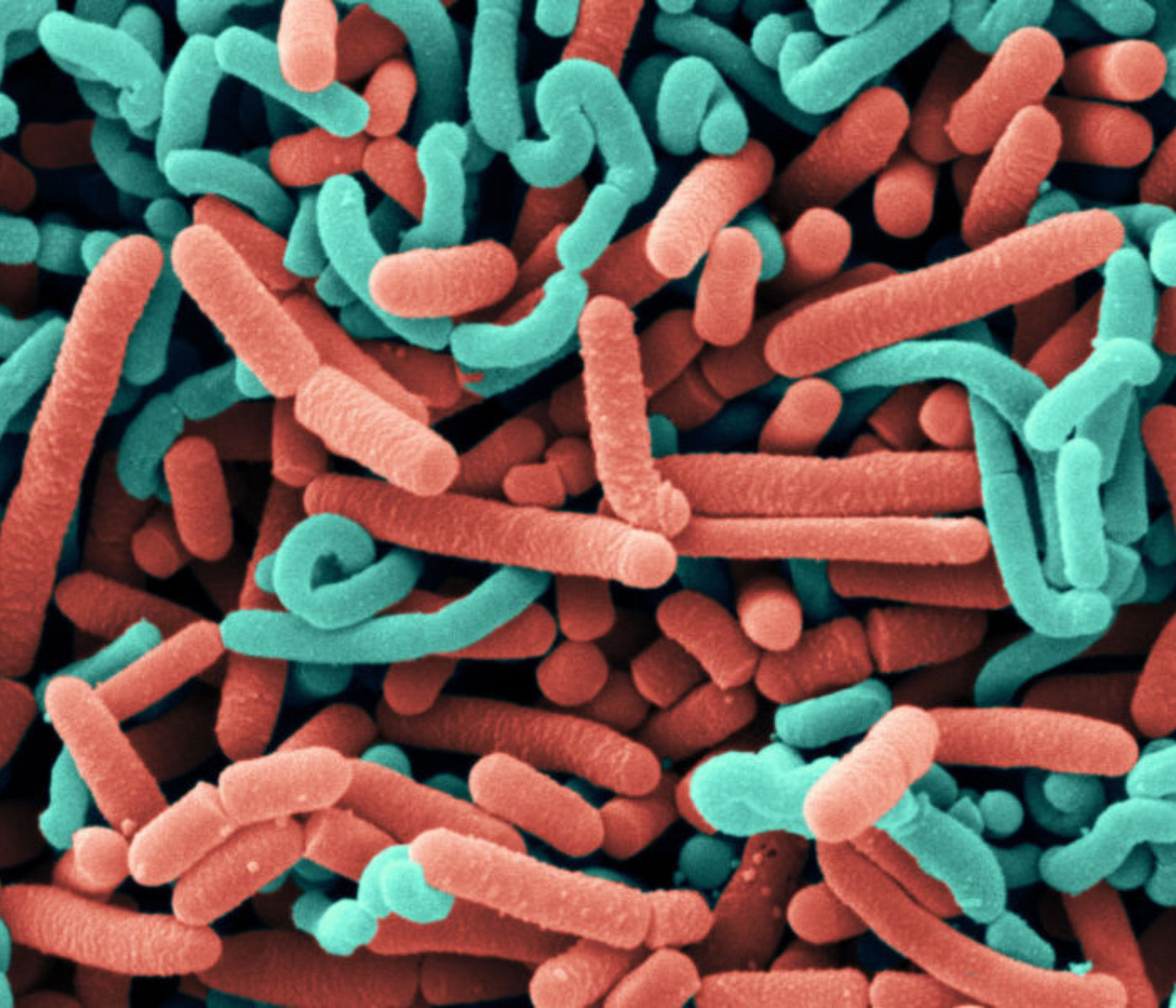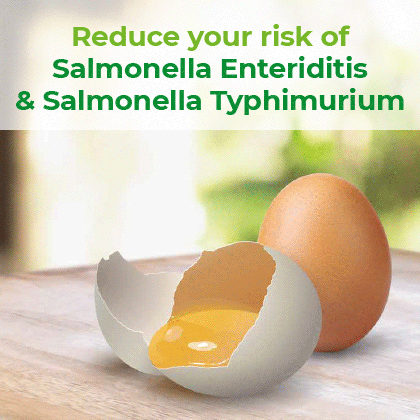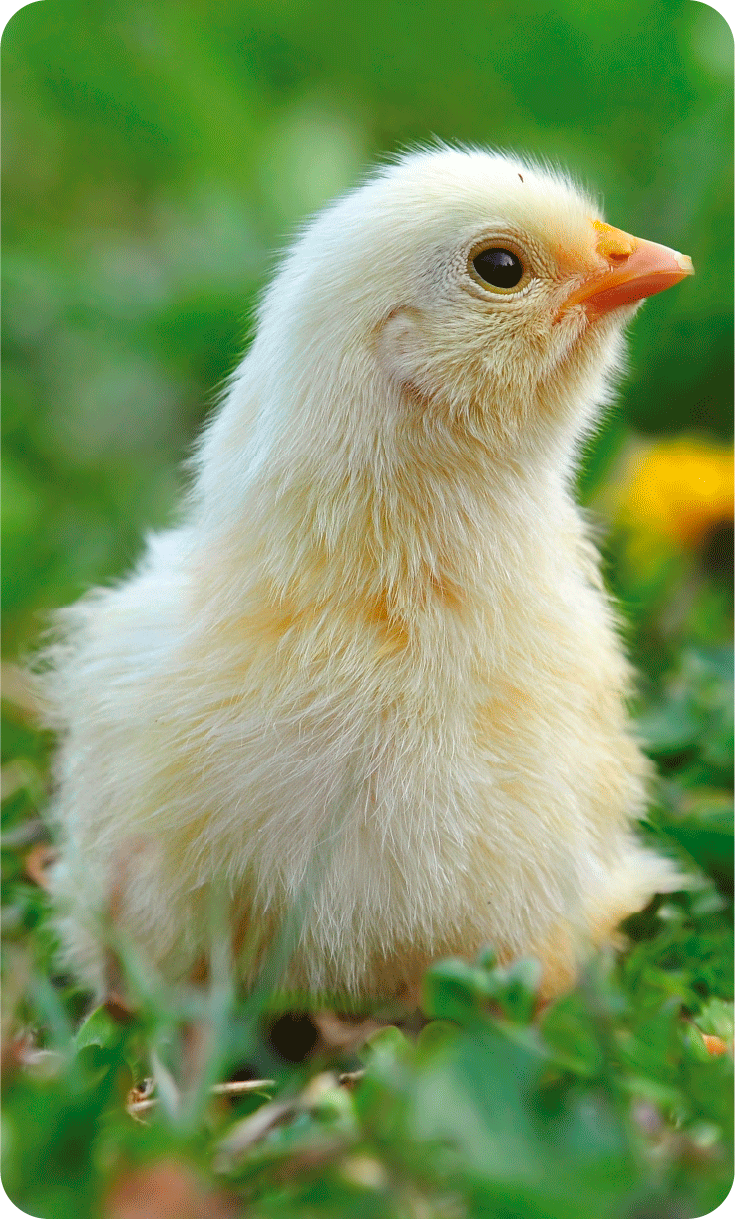Content available at: العربية (Arabic)
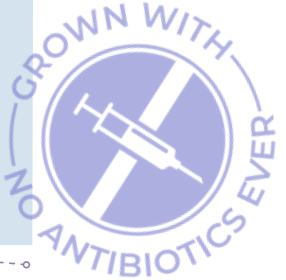
The vital role the gastrointestinal tract (GIT) plays in nutrient absorption and the immune response is probably much more complex and dynamic than most of us realize. We do know, however, that maintaining good intestinal health and minimizing intestinal disruptions are critical to growth, to the health and welfare of birds and to the food safety aspects of modern-day poultry production.
>This is especially true for no antibiotics ever (NAE) production systems.
If digestion and nutrient absorption are compromised, an overgrowth of intestinal microbes can occur that, in turn, affect bird health and performance.
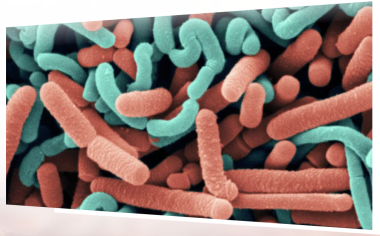

One of the most basic tenets for maintaining good intestinal health in NAE flocks is good quality feed and water. In fact, feed and water quality need to be superior.
I advise producers with NAE flocks to make sure they have quality feed and to make sure they never run out of feed. It takes only a few hours without feed for the gut mucosa to shift, making birds more susceptible to enteritis.
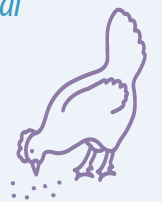

- The mineral concentration, bacterial load and pH of the water needs to be monitored.

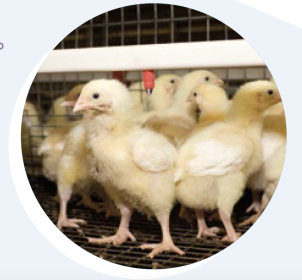
TO CONTINUE READING REGISTER IT IS COMPLETELY FREE Access to articles in PDF PDF
Keep up to date with our newsletters
Receive the magazine for free in digital version REGISTRATION ACCESS
YOUR ACCOUNT LOGIN Lost your password?
